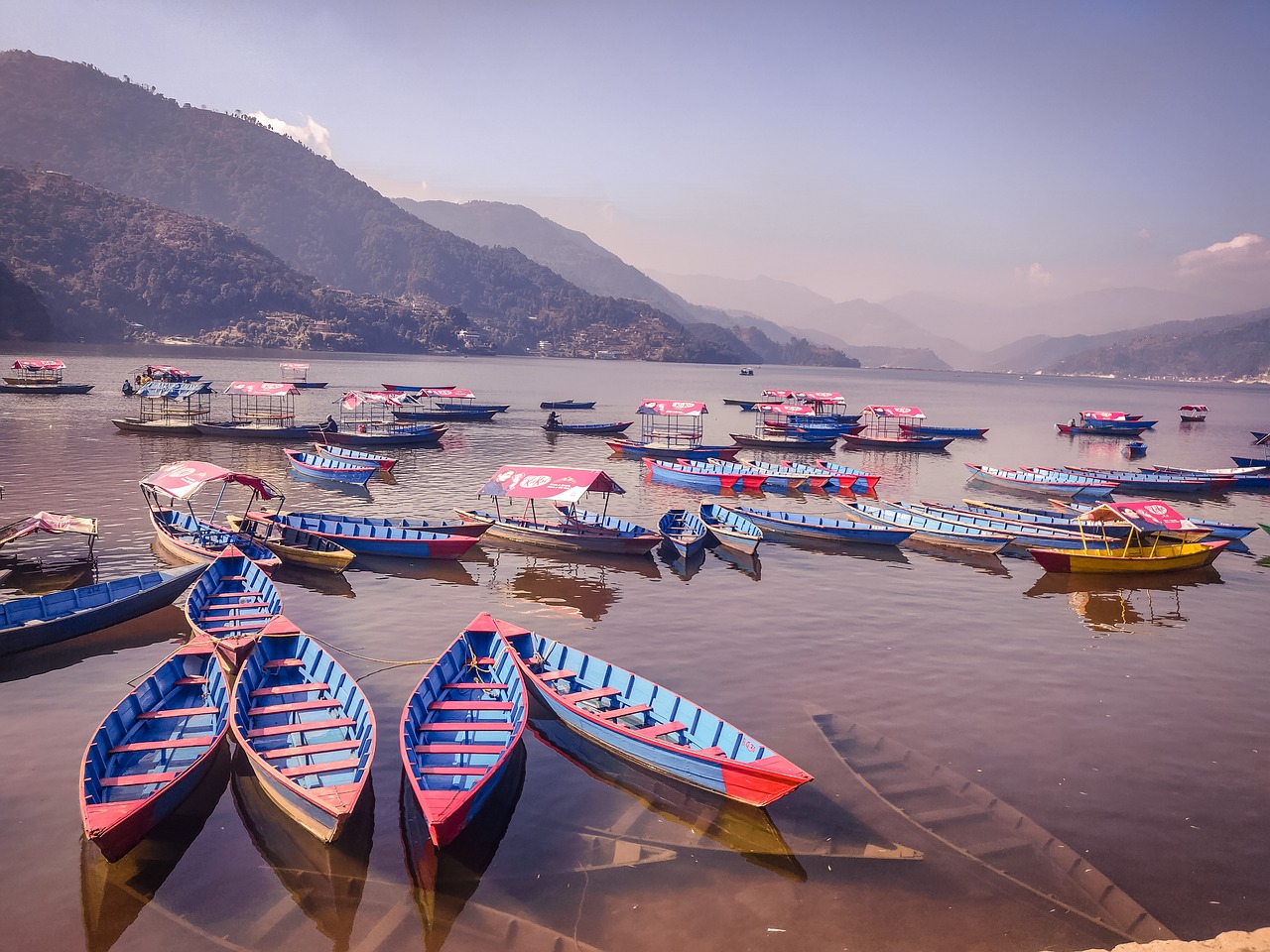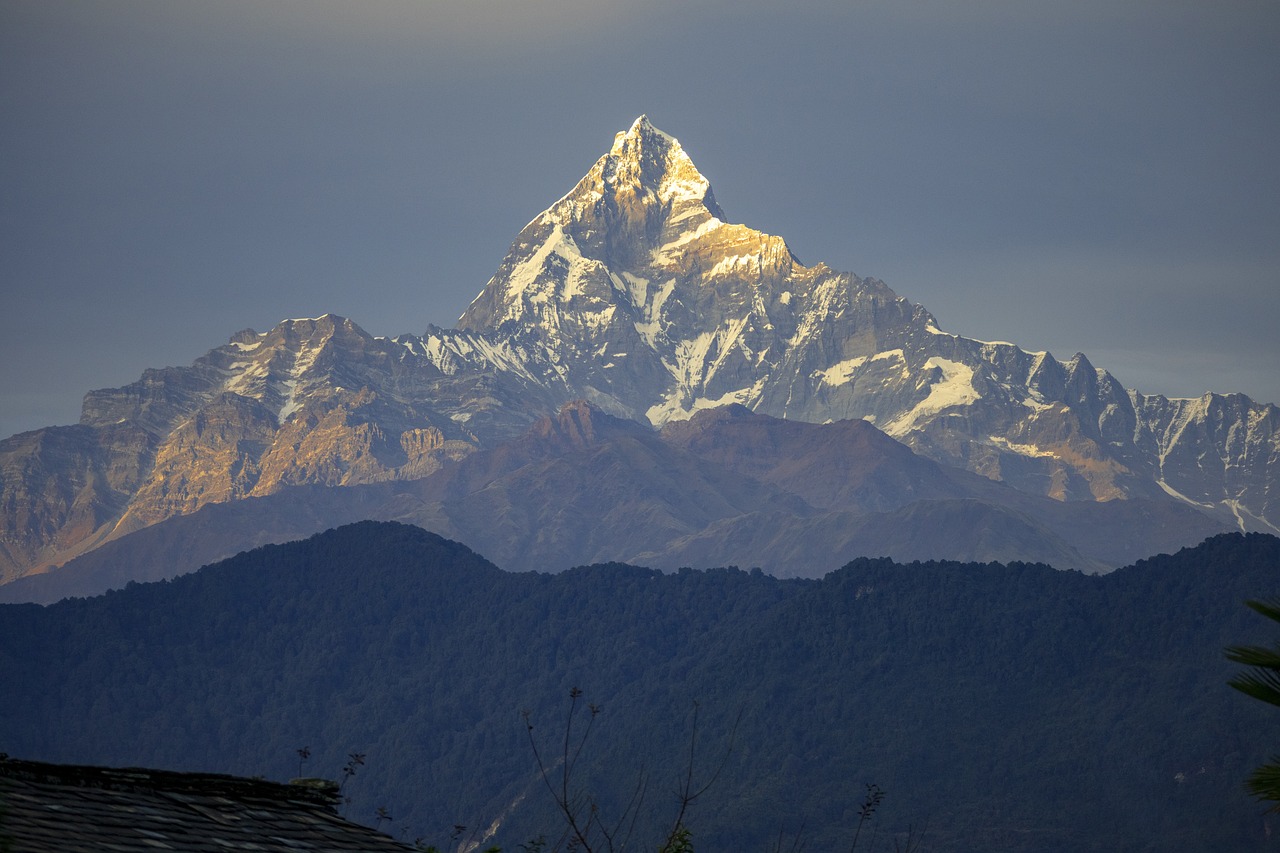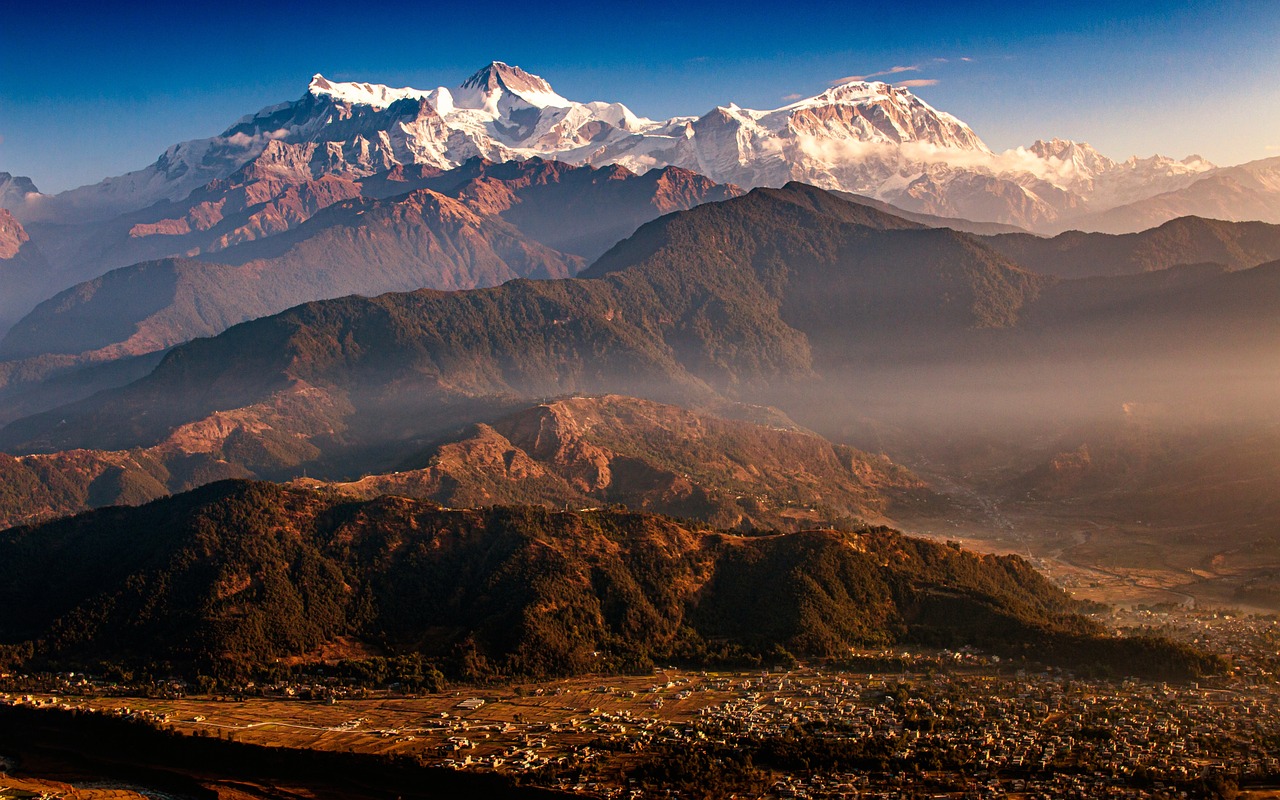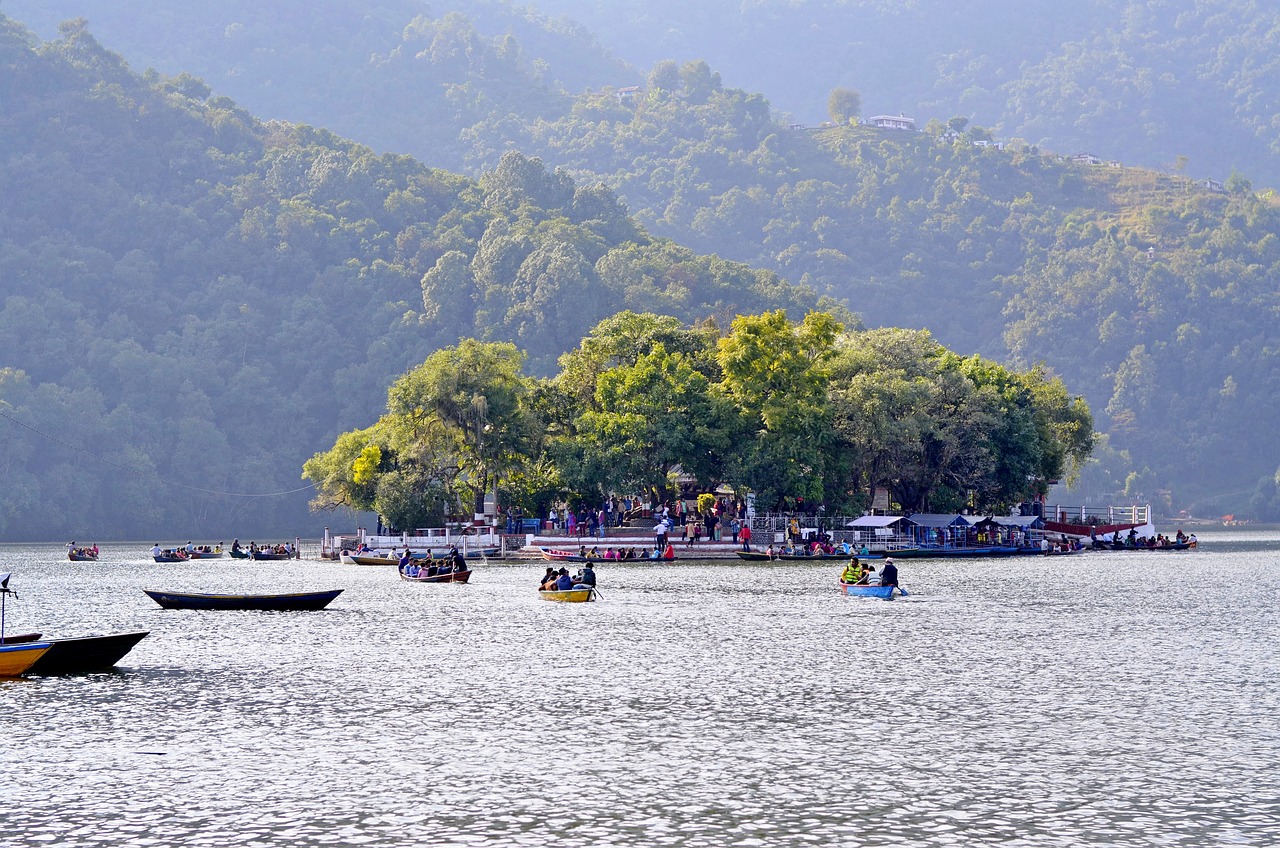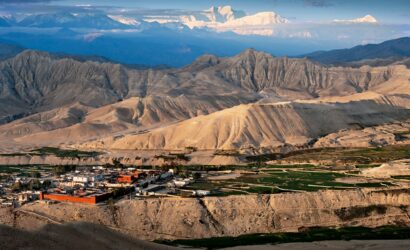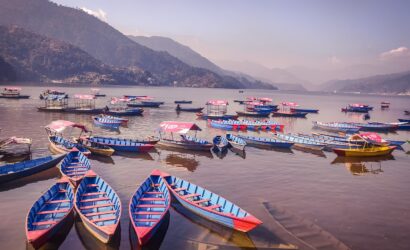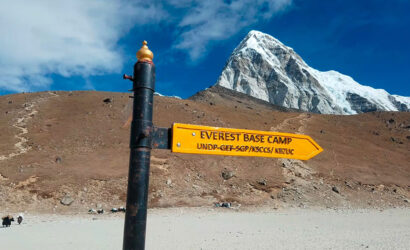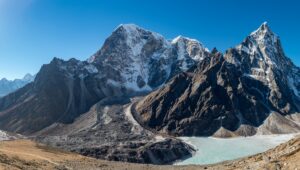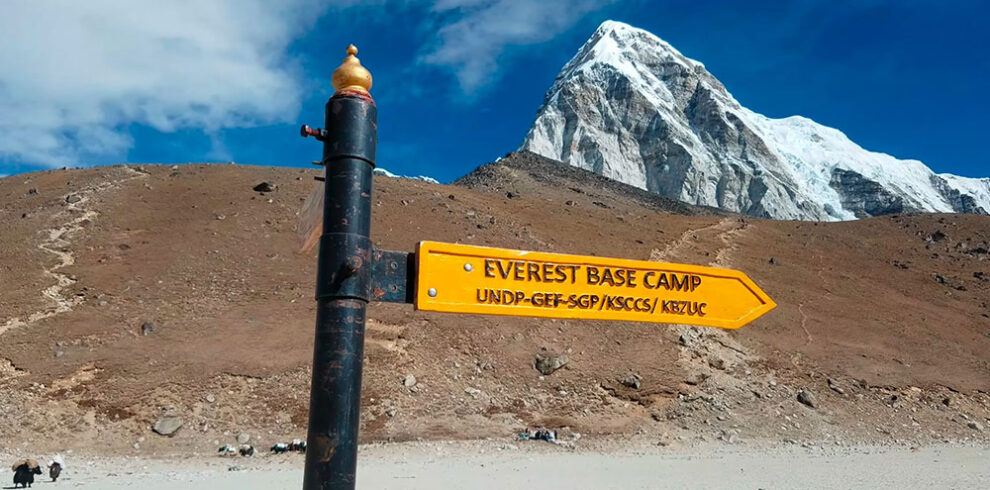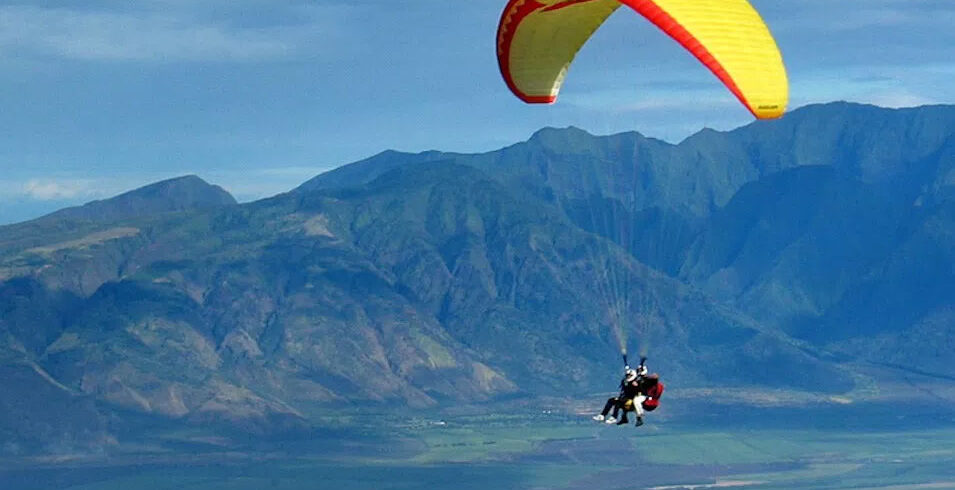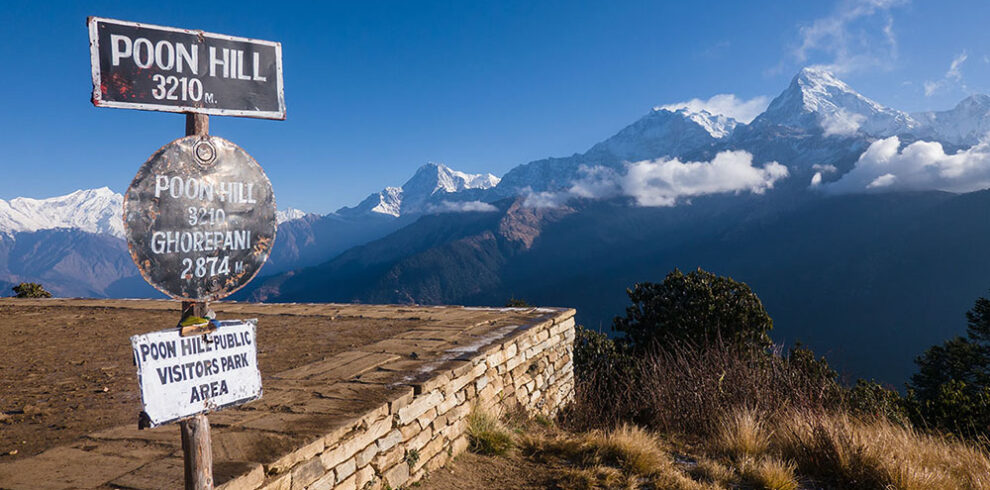Explore Pokhara: A Paradise in the Himalayas
Welcome to Pokhara, Nepal’s jewel nestled in the lap of the mighty Himalayas. This picturesque city is a haven for nature lovers, adventure seekers, and those looking for a tranquil escape. From serene lakes to towering mountain peaks, Pokhara offers a diverse range of experiences that will leave you enchanted. Here’s a glimpse of what awaits you on your Pokhara tour:
1. Phewa Lake: Serenity Unleashed
Begin your Pokhara adventure at the heart of the city, Phewa Lake. The second-largest lake in Nepal, Phewa is surrounded by lush green hills and offers stunning views of the Annapurna range. Take a leisurely boat ride on the lake, or simply stroll along the Lakeside Promenade, lined with cozy cafes and shops. As the sun sets behind the mountains, the reflections on the lake create a magical ambiance.
2. Sarangkot: Sunrise Spectacle
For an unforgettable sunrise experience, venture to Sarangkot. A short drive from the city center, Sarangkot is a vantage point that provides panoramic views of the Annapurna and Dhaulagiri ranges. Wake up early, trek to the viewpoint, and witness the sun casting a golden glow on the snow-capped peaks, painting the sky with hues of orange and pink.
3. World Peace Pagoda: Tranquility in Architecture
Explore the World Peace Pagoda, a symbol of peace and harmony. Perched atop a hill, this stupa offers breathtaking views of the Annapurna and Machapuchare mountains. The pagoda’s architecture, combined with the serene surroundings, creates a calming atmosphere. Take a moment for reflection and enjoy the tranquility that envelops this sacred site.
4. Bindhyabasini Temple: Spiritual Resonance
Delve into Pokhara’s cultural richness by visiting the Bindhyabasini Temple. Dedicated to the goddess Bindhyabasini, this temple is a significant religious site for locals. Located atop a hill, it provides panoramic views of the city and the surrounding mountains. Experience the spiritual vibes as you observe locals offering prayers and ceremonies.
5. Adventure Awaits: Annapurna Base Camp Trek
For the adventure enthusiasts, Pokhara serves as the gateway to the Annapurna Base Camp trek. Embark on a journey through lush forests, charming villages, and alpine landscapes. As you ascend, the views become more awe-inspiring, culminating in the breathtaking sight of the Annapurna Massif. It’s an experience that combines the thrill of trekking with the serenity of nature.
6. Gupteshwor Cave and Devi’s Fall: Nature’s Wonders
Explore the mysteries of Gupteshwor Cave, a sacred cave with a hidden waterfall. Walk through the caverns adorned with stalactites and stalagmites, and witness the thunderous roar of Devi’s Fall, a mesmerizing cascade formed by the Pardi Khola river. These natural wonders showcase the raw beauty of Pokhara’s landscape.
Conclusion
Pokhara is a destination that captivates the soul with its natural beauty, cultural richness, and adventure opportunities. Whether you seek tranquility by the lakeside, spiritual experiences at temples, or the thrill of trekking in the Himalayas, Pokhara has something for every traveler. Pack your bags, and let Pokhara weave its magic on you.
Overview
Travel is the movement of people between relatively distant geographical locations, and can involve travel by foot, bicycle, automobile, train, boat, bus, airplane, or other means, with or without luggage, and can be one way or round trip. Travel can also include relatively short stays between successive movements.
The origin of the word “travel” is most likely lost to history. The term “travel” may originate from the Old French word travail, which means ‘work’. According to the Merriam Webster dictionary, the first known use of the word travel was in the 14th century.
It also states that the word comes from Middle English travailen, travelen (which means to torment, labor, strive, journey) and earlier from Old French travailler (which means to work strenuously, toil). In English we still occasionally use the words “travail”, which means struggle. According to Simon Winchester in his book The Best Travelers’ Tales (2004), the words “travel” and “travail” both share an even more ancient root: a Roman instrument of torture called the tripalium (in Latin it means “three stakes”, as in to impale).

